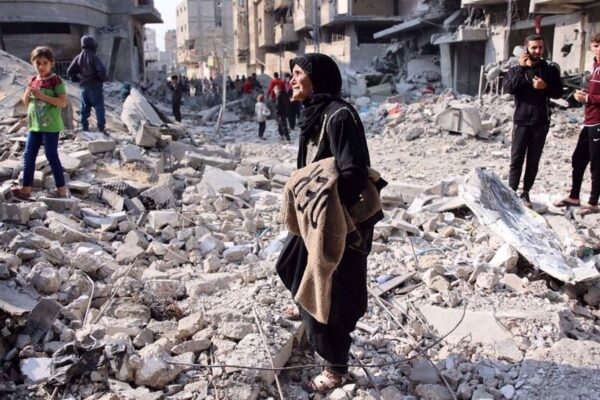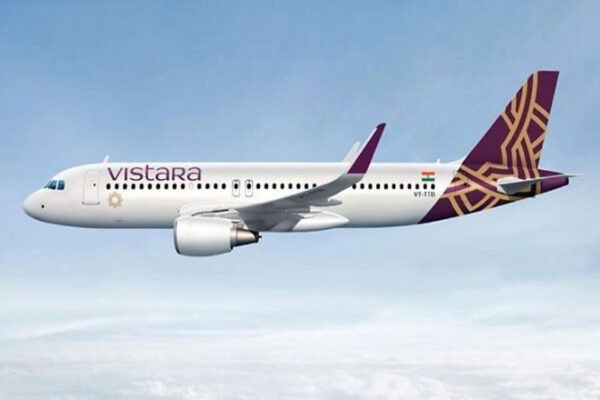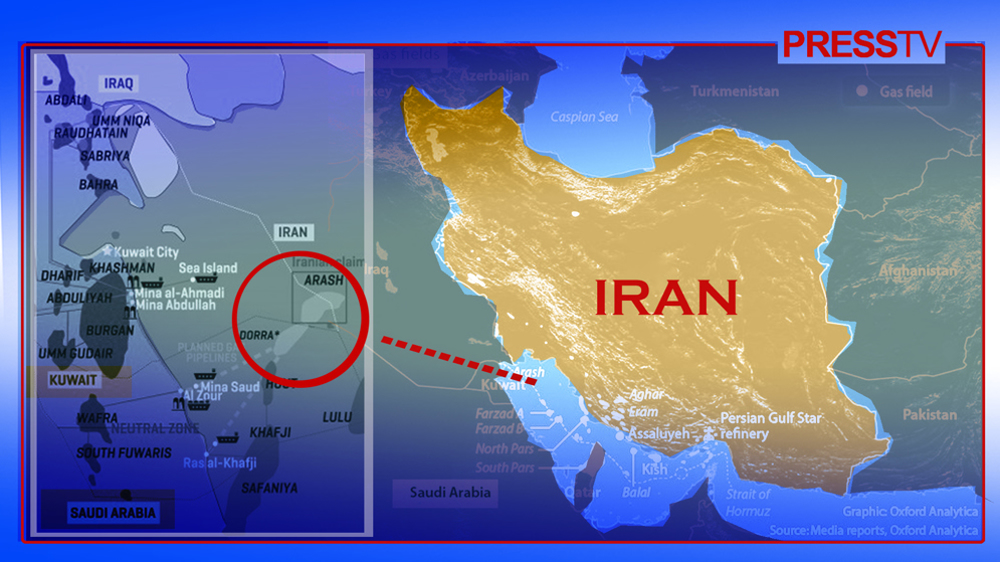Arash in the north of the Persian Gulf in Bushehr province is one of Iran’s joint gas fields with Kuwait. Records of bilateral talks over the past 60 years show that the two countries have always recognized the right of the other side to have a share in the huge resources.
The supreme council of the Persian Gulf Cooperation Council (GCC), however, issued a statement this wee claiming that “only Saudi Arabia and Kuwait” have sovereign rights over the field.
The dispute over the Arash gas field, which Kuwaitis call Durra, dates back to the 1960s when Iran and Kuwait were awarded overlapping offshore concessions for the field following its discovery.
Iran granted its share of rights to the Anglo-Iranian Oil Company to develop the field, while Kuwait gave its portion to Royal Dutch Shell, with the two shares overlapping in the northern part of the field.
The field is estimated to hold 20 trillion cubic feet of gas reserves, which could produce one billion cubic feet per day.
Nearly 40% of Arash gas field is located in Iranian waters. In 2001, the National Iranian Oil Company spudded an exploratory well to determine the amount of reserves in the Arash gas field.
Kuwait threatened to take the case to international arbitration and following the Kuwaiti emir’s visit to Tehran during the administration of Mohammad Khatami, Tehran stopped exploration and removed the platform built at the site.
Iran’s drilling and then its decision to halt it in fact came a year after Saudi Arabia and Kuwait had jointly started exploration and development activities on the gas field without Tehran’s knowledge while their border disagreement remained unresolved.
In 2016, Iranian media reported that Saudi Arabia and Kuwait had formed the Al Khafji Joint Operations (KJO) to develop the field on a 50:50 joint venture without any right for Iran.
Iran has strongly objected to the agreement without Iranian involvement, with officials saying the move is “illegal” as the boundaries of the field shared between the three countries have not yet been established. It has repeatedly called for a border demarcation agreement to determine its right to exploit part of the field.
In August, the Islamic Republic officially invited Kuwaiti Foreign Minister Salem Abdullah al-Jaber Al-Sabah to de-escalate tensions.
However, the supreme council of the Persian Gulf Cooperation Council put the kibosh on de-escalation efforts at the end of its 44th summit in Doha, Qatar on Tuesday, claiming that the entirety of the Arash gas field lies within Kuwait’s maritime territories.
It also said the ownership of natural resources in the submerged area adjacent to the Saudi-Kuwaiti divided area, including the entire gas field, was solely a joint ownership between Saudi Arabia and Kuwait.
“Both have exclusive rights to exploit the natural resources in that area,” the statement said, the council firmly rejected “any claims of rights by any other party in this field or the submerged area adjacent to the demarcated area between Saudi Arabia and Kuwait”.
Their statement came after both Saudi Arabia and Kuwait announced in July that there was “no room” for negotiations with Iran regarding the Arash-Durra gas field in the Persian Gulf.
An informed source in the Saudi ministry of foreign affairs was quoted as saying that the field was jointly owned by “the Kingdom of Saudi Arabia and the State of Kuwait only, and they alone have full sovereign rights to exploit the wealth in that region.”
NIOC head Mohsen Khojastehmehr reacted to the statement, announcing that Iran was ready to begin drilling in the Arash field. “Once the necessary conditions are met, drilling operations in the Arash field will begin,” he said.
Historical records of the past 60 years show no Saudi role in negotiations between Iran and Kuwait to determine the maritime borders around the Arash field and how to exploit its resources, meaning Riyadh’s push to stake out a share has started since 2000.
In March 2022, Saudi Arabia’s energy minister signed a document with his Kuwaiti counterpart to develop the Arash-Durra gas field to produce one billion standard cubic feet per day of gas and 84,000 barrels per day of condensates.
Iran’s Minister of Petroleum Javad Owji was quick to respond to his Saudi counterparts’ announcement then, saying Tehran would soon begin drilling at the Arash field.
“Although we want to negotiate and cooperate for development of joint fields, unilateral measures will not prevent the implementation of the project,” he said, after Kuwait and Saudi Arabia signed a document to build the offshore reservoir without Tehran’s participation.
The announcement showed that Iran was not going to be a sitting duck and watch the distribution of its gas resources after downing tools for 22 years.
Over the past year, Iran has been dealing with the issue with deference following a successful rapprochement deal between Tehran and Riyadh but the aggressive push by Kuwait and Saudi Arabia will certainly not go unanswered.








